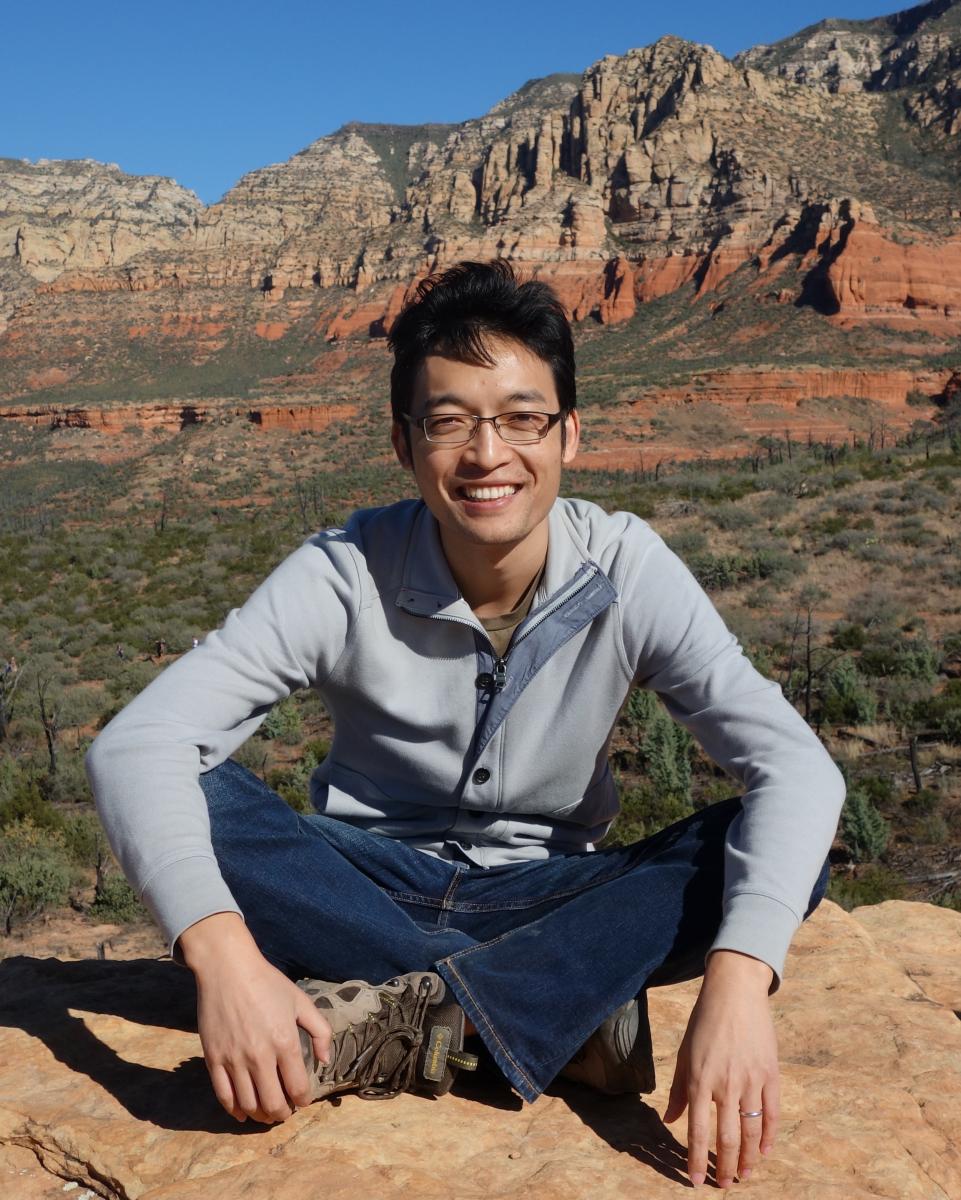Dr. Yongxin Chen
Georgia Institute of Technology
Seminar Information

Safety is a critical requirement for real-world systems, including autonomous vehicles, robots, power grids and more. Over the past decades, many methods have been developed for safety verification and safe control design in deterministic systems. However, real-world applications often involve not only worst-case deterministic disturbances but also stochastic uncertainties, rendering deterministic methods insufficient. In this talk, I will present an effective framework that addresses this challenge by decoupling the effects of stochastic and deterministic disturbances. At the heart of this framework is a novel technique that provides probabilistic bounds on the deviation between the trajectories of stochastic systems and their deterministic counterparts with high confidence. This approach yields a tight probabilistic bound that is applicable to both continuous-time and discrete-time systems. By leveraging this bound, the safety verification problem for stochastic systems can be reduced to a deterministic one, enabling the use of existing deterministic methods to solve problems involving stochastic uncertainties. I will demonstrate the effectiveness of this framework through several safety verification and safe control tasks.
Yongxin Chen is an Associate Professor in the School of Aerospace Engineering at Georgia Institute of Technology. He has served on the faculty at Iowa State University (2017-2018). Prior to that, he spent one year (2016-2017) at the Memorial Sloan Kettering Cancer Center (MSKCC) as a postdoctoral fellow. He received his BSc from Shanghai Jiao Tong University in 2011, and Ph.D. from University of Minnesota in 2016, both in Mechanical Engineering. He is an awardee of the George S. Axelby Best Paper Award of IEEE Transactions on Automatic Control in 2017 and the best paper prize of SIAM Journal on Control and Optimization in 2023. He received the NSF Faculty Early Career Development Program (CAREER) Award in 2020, the Simons-Berkeley Research Fellowship in 2021, the A. V. `Bal’ Balakrishnan Award in 2021, and the Donald P. Eckman Award for outstanding young engineer in the field of automatic control in 2022. His current research interests are in the areas of control theory, machine learning, and robotics. He enjoys developing new algorithms and theoretical frameworks for real world applications.
